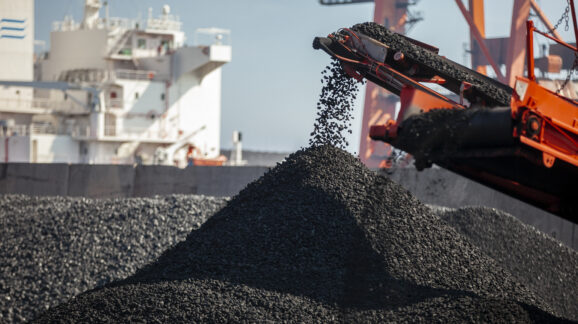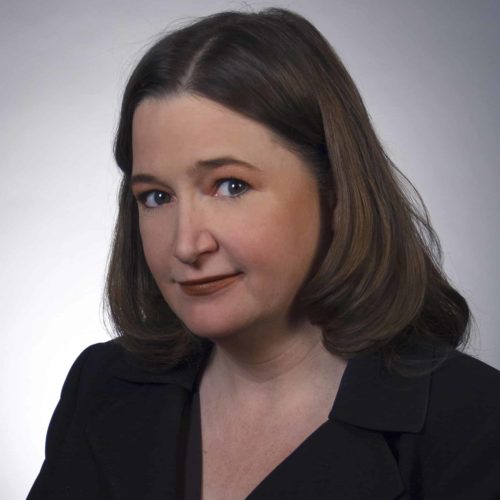Those closer to environmental problems and impacted by them know these issues better and care about them more than DC bureaucrats pushing one-size-fits-all policies. This vision is in line with what Congress intended when it passed the Clean Air Act (CAA) and Clean Water Act (CWA). Both statutes intended for states to play the primary role on air and water quality. Over the years though, the EPA has usurped state and local power and ignored Congressional intent.
The United States has some of the best air quality in the world, something that sometimes get lost given all of the scare tactics that are disseminated in the media. CEI has been a leader in pushing back against such alarmism, as well as the junk science and regulatory games that the EPA plays to improperly justify costly air quality regulations.
CEI believes that any air quality standards should be informed by sound science and do more good than harm. This is hardly controversial, but it remains an uphill battle with an often out of control EPA.
When it comes to the CWA, there has long been regulatory uncertainty. For decades, the EPA and the U.S. Army Corps of Engineers have continued to overreach on what waters are even regulated under the Clean Water Act. In 2023, the U.S. Supreme Court finally provided some clarification on this key issue in Sackett v. EPA, but the Biden administration is not implementing the opinion properly.
CEI has extensive CWA expertise, especially when it comes to the “Waters of the United States” or WOTUS issue, and is using that expertise to ensure that the federal government follows the law, respects the principles of federalism embedded in the CWA, and provides clear and workable definitions for property owners. This is just part of our CWA work, which also covers issues such as state abuse of the Section 401 certification process and EPA retroactive vetoes of Section 404 permits.
Featured Posts

Blog
EPA repeals another costly rule targeting affordable and reliable coal
Though not nearly as far-reaching as the recently announced end to the Endangerment Finding, the Environmental Protection Agency’s (EPA) February 20 final rule repealing…

Blog
New WOTUS rule has a problem: The use of ‘wet season’
The Environmental Protection Agency (EPA) and the US Army Corps of Engineers, have proposed a new rule defining the “Waters of the United States”…

Blog
CEI’s The Surge: Clean Water Act reform, new CAFE standards, and more
If you are interested in analysis and perspective on current energy and environmental issues, then we encourage you to subscribe to this new publication and…
Search Posts
News Release
Inspector General Finds EPA Climate Science Fails Tests
Washington, D.C., September 28, 2011 – The Environmental Protection Agency’s Inspector General has found that the agency based its 2009 “Endangerment Finding” on a flawed…
Citation
Industry Pressure and Politics Blamed for Obama’s Smog Rule Delay
News Release
President Postpones Trillion-Dollar Ozone Rule Until After 2012 Presidential Election
Washington, D.C., September 2, 2011 — President Barack Obama on Friday announced that he had ordered EPA Administrator Lisa Jackson to stop work on…
Yahoo News
The Alarming Cost Of Climate Change Hysteria
Yahoo News discusses an estimate of the costs of federal regulations from Wayne Crews's study. The Small Business Administration estimates that compliance with…
Albuquerque Journal
Don’t Believe the EPA: PNM Ruling a Ripoff
Last Friday, the Environmental Protection Agency ran roughshod over New Mexico officials and imposed nearly $340 million in unjustified costs on PNM customers – in…
The Pelican Post
Louisiana Remains on the Receiving End of Washington D.C.’s Worst Regulations
Staff & Scholars

Daren Bakst
Director of the Center for Energy and Environment and Senior Fellow
- Energy and Environment
- Lands and Wildlife
- Property Rights

Sam Kazman
Counsel Emeritus
- Antitrust
- Automobiles and Roads
- Banking and Finance

Marlo Lewis, Jr.
Senior Fellow
- Climate
- Energy
- Energy and Environment

Ben Lieberman
Senior Fellow
- Climate
- Consumer Freedom
- Energy

Angela Logomasini
Adjunct Fellow
- Chemical Risk
- Consumer Freedom
- Energy and Environment